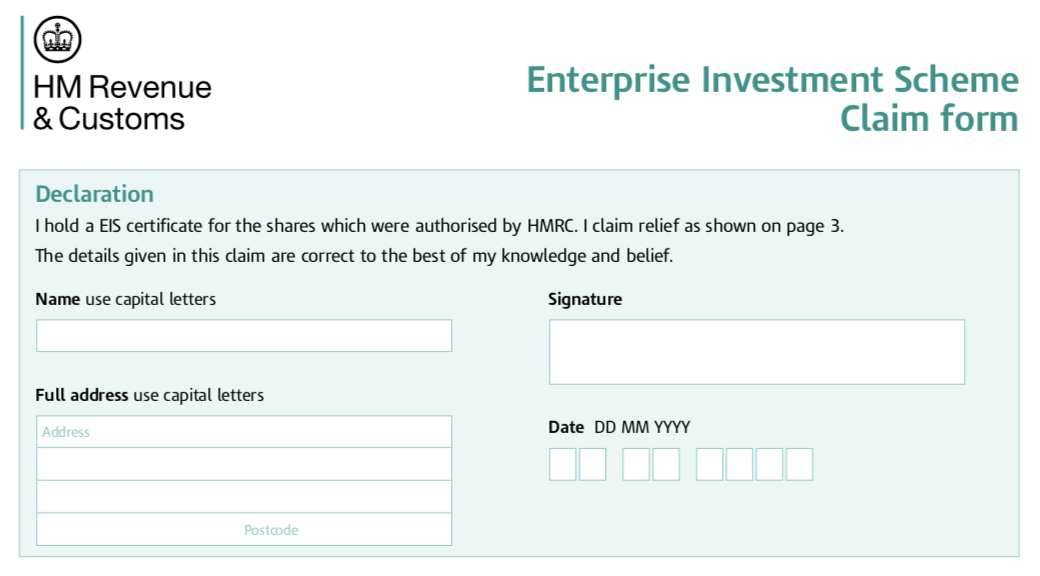Mailing List
To help us keep you updated with our handy guides and other useful news, please consider signing up to our mailing list.
It's quick and easy, and we promise not to send you spam or share your details with third parties.

Foojit Ltd v HMRC [2021] UKUT 0014
The Upper Tribunal (UT) has validated HMRC’s refusal to issue Enterprise Investment Scheme (EIS) relief compliance certificates despite previous advance assurance.
An Enterprise Investment Scheme (EIS) is an example of a tax-efficient share scheme for investors helping a company raise money to grow its business. However, the scheme must be carefully established and qualifying shares issued. Therefore, HMRC can be asked to provide advance assurance that a proposed share issue is likely to qualify for EIS relief.
That is what Foojit did, and received, in relation to a proposed issue of B shares with a right to a preferential prior dividend of 44% of available distributable profits. The A shareholders would not have this preferential treatment.
The issue as to whether the B shares qualified for EIS relief here was whether that preferential dividend right fell within section 173(2A) of the Income Tax Act 2007. Is the dividend amount or the date on which the dividend is payable dependent “on a decision of the company, the holder of the share or any other person”.
This depended on the interpretation of Footjit’s articles of association. Companies have prescribed model articles by company law. A company is able to adopt bespoke articles varying this to fit the company’s own constitutional needs. However, bespoke articles often incorporate the model articles as a starting point, vary them, and include the new relevant provisions (i.e. rather than completely reinvent the wheel when it comes to certain standard provisions about the administration of the company). Therefore, generally, the two sets of articles of association need to be looked at together.
This is what the UT decided in this case. The dividend provisions in the bespoke articles of association established the right to the preferential dividend and that it was to be paid first. However, it did not contain any express terms on the date that the dividend was to be paid. This was instead dealt with by article 30 of the model articles; the terms of which “unambiguously involve “decisions” being taken by the Company, its shareholders and its directors”.
In short, the B shareholders had a right to a preferential dividend IF a dividend was declared. It wasn’t an automatic right to a dividend.
The decision shows the importance of clear unambiguous drafting, and the need to make sure that the model articles of association are carefully considered and amended when adopting bespoke articles of association.
BHW can help you if you are thinking about implementing a share scheme. For further information, contact our Corporate and Commercial department on 0116 289 7000 or email info@bhwsolicitors.com.
Categorised in: Case Updates, Corporate and Commercial, Dispute Resolution
Tags: Commercial Law, Company Law, Dispute Resolution, Litigation and Arbitration